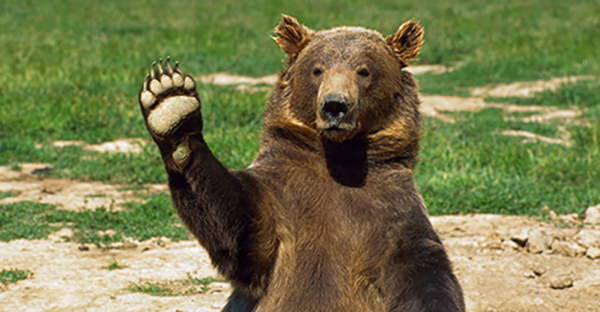Guest Post By Michael Howie
We all had a good smile and chuckle over the story of a bear who broke into an eatery in Colorado last week and ate all the pies – except for the rhubarb.
And while it remains a good story – and definitely one that the owners of the diner will be telling for years to come – it should remind us of how important it is to secure food and other attractants when wildlife is out and about.
Every year, drastic and lethal action is taken because bears become ‘habituated’ to humans and our properties. The idea of habituation, as discussed in terms of wildlife management, is when an animal is taught by our action (or inaction) that being around us is good, rather than bad. With smaller animals, like raccoons or squirrels, the worst-case is a raccoon making a racket under a deck. With larger animals, like bears, the consequences can be much greater.
There are a lot of great websites and organizations (including FurBearerDefenders.com) that can offer tips or on-the-ground assistance in preventing wildlife conflict through the removal of attractants.
As much as we’d all love to have our own the-bear-ate-my-pie story, we’d much rather have the bears be around a long, long time.
About the Author:
Michael Howie is an international award-winning journalist who turned his skillsets to protecting wildlife when he joined The Association for the Protection of Fur-Bearing Animals as the Director of Digital Content and host of the popular weekly podcast Defender Radio.


